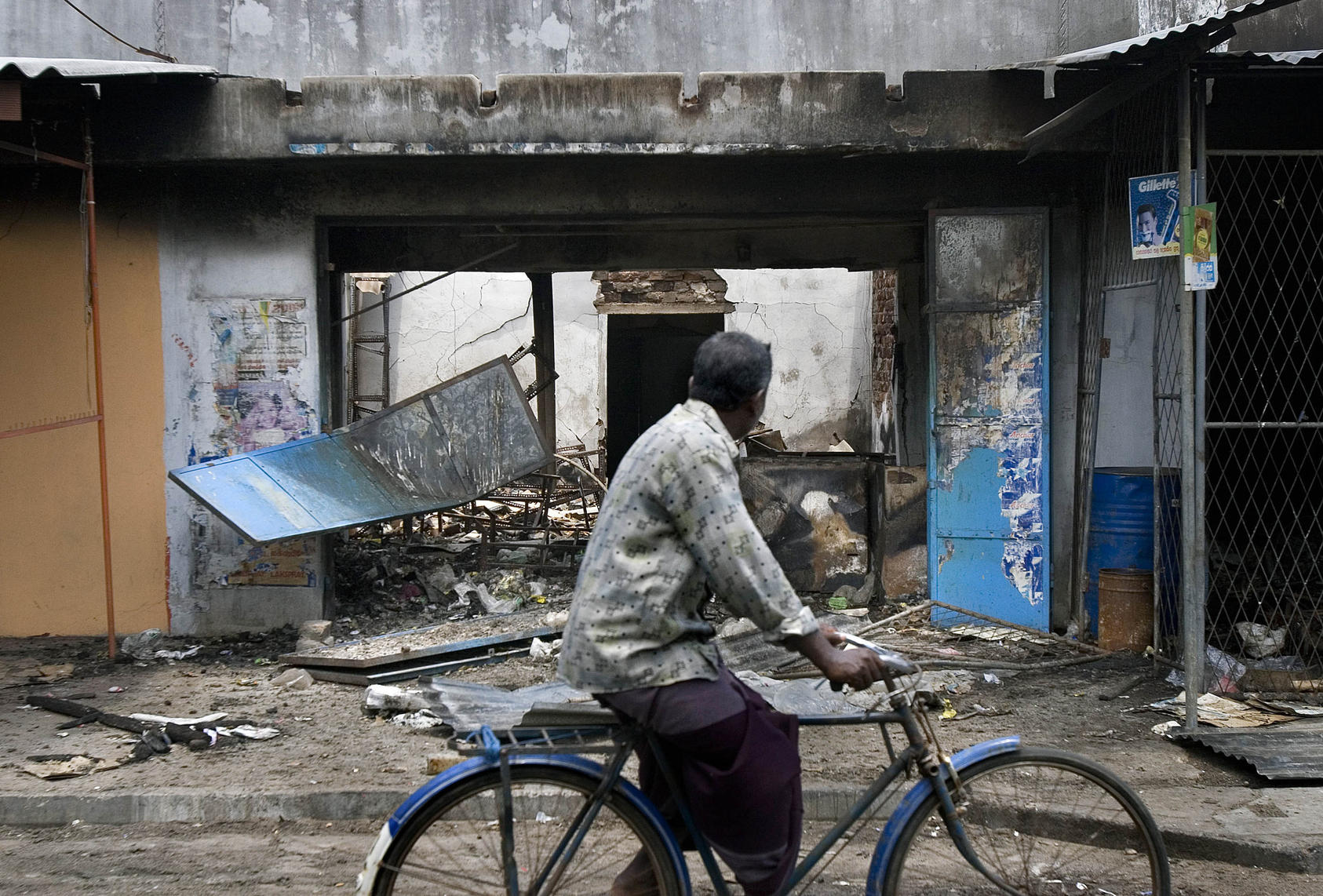Extremism in South Asia: New Ways to Respond?
Options for Thwarting Extremist Groups Across the Region
From the Taliban in Afghanistan to Buddhist extremists in Sri Lanka to ISIS throughout the region, South Asia faces one of the most diverse and dangerous landscapes of extremist ideologies and groups. On April 24, the U.S. Institute of Peace and the Center for Global Policy convened experts to discuss emerging trends in extremism across the region, how it impacts states internally and how those governments and the United States should respond.
In Afghanistan, a complex array of Islamist insurgents, including the Taliban, has prompted Russia, China, Iran and the Central Asian states to involve themselves to an unprecedented degree. Extremist groups in Pakistan and realignments in the militant landscape around Kashmir have created new challenges for India and other regional powers. ISIS has taken advantage of violent conflicts in South Asia, attracting fighters to further destabilize the region. Meanwhile, rising Hindu nationalism and Hindutva politics stand to further inflame divisiveness in India, while Buddhist and other extremist groups continue to escalate conflicts in Sri Lanka and Burma.
The panel discussed how these trends affect bilateral relations within South Asia, as well as U.S. options for re-engaging on these issues and developing new ways to counter these threats to regional peace and stability.
A recording of the event can be found on this event page.
Speakers
Farid Senzai, Introduction
Founder and President, Center for Global Policy
Ali Mohammad Ali
Senior Fellow, Center for Global Policy
Kamran Bokhari
Director for Political Affairs, Center for Global Policy
Susan Hayward
Senior Advisor, Religion & Inclusive Societies, U.S. Institute of Peace
Iman Malik
Consultant, The World Bank Group
Scott Worden, Moderator
Director, Afghanistan and Central Asia Programs, U.S. Institute of Peace





